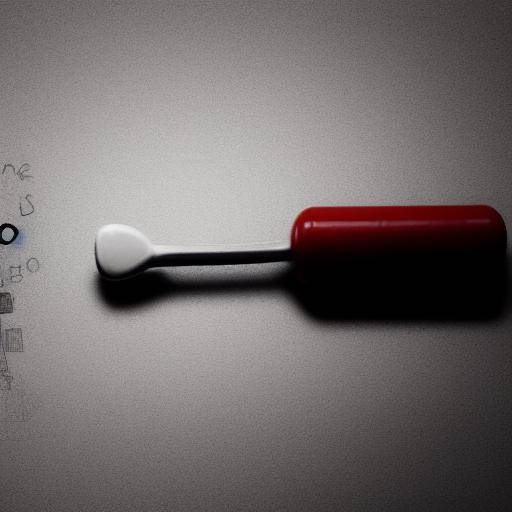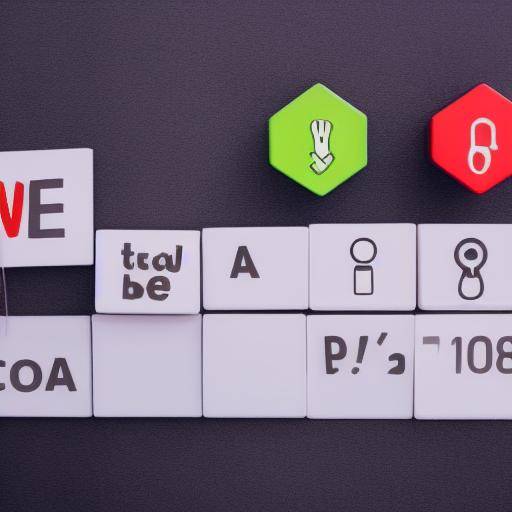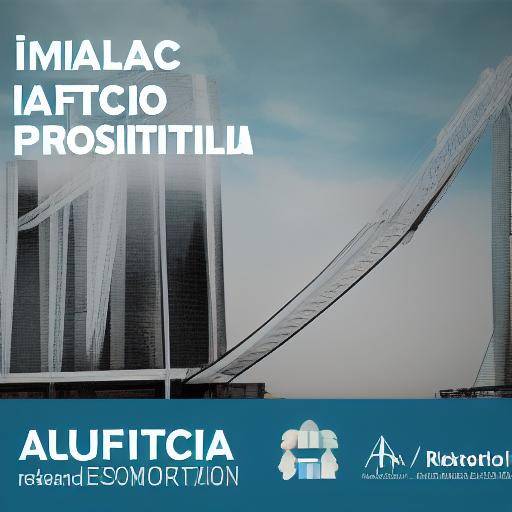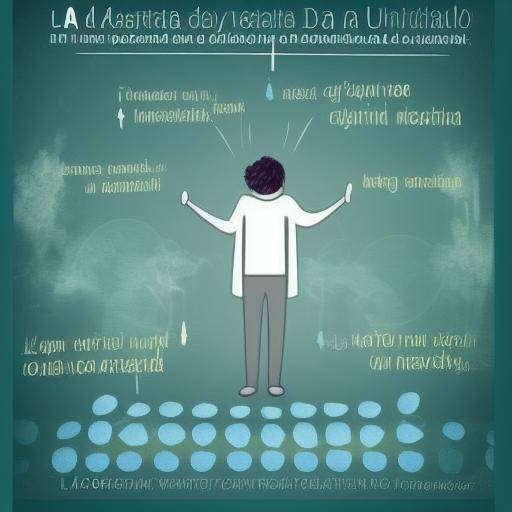
Living a full and balanced life requires a deep understanding of our own personal needs, desires and limits. In this article, we will explore in detail how to develop self-consciousness to identify the need for personal limits, the benefits of establishing healthy limits and how this contributes to emotional well-being. Throughout this reading, we will discover practical strategies, case studies and direct expert advice that will help you strengthen your self-consciousness and foster healthy limits for your emotional well-being.
The Importance of Self-Awareness
Self-consciousness is the ability to recognize and understand our emotions, thoughts, behaviors, strengths and weaknesses. Developing this skill is fundamental to cultivate a deep understanding of ourselves and our personal needs. Self-assessment conscious practice allows us to identify which situations or relationships affect us negatively, where we need to establish healthier limits and how we can improve our emotional well-being.
History and Evolution of Self-Awareness
From ancient philosophical teachings to modern psychology, self-consciousness has been the subject of study and reflection. Philosophers such as Socrates and Plato explored the importance of self-knowledge, laying the foundations for future research in the field of psychology. With the advent of modern psychology in the nineteenth century, prominent figures such as William James and Sigmund Freud began to examine consciousness and self-knowledge from a scientific approach, thus laying the foundations for the development of self-consciousness as a key concept in contemporary psychology.
Benefits of Self-consciousness
Self-consciousness is fundamental to personal growth and emotional well-being. By understanding our emotions and thoughts, we can make more conscious and aligned decisions with our values and goals. Self-consciousness also allows us to set healthy limits by identifying situations or relationships that cause discomfort, stress or emotional exhaustion. In addition, it strengthens our emotional resilience, allowing us to better manage the challenges and maintain a stable mental balance.
Establishing Personal Limits for Emotional Welfare
Once we have developed self-consciousness, the next step is to apply this knowledge to establish healthy personal limits. Setting limits means clearly communicating our needs, respecting our own emotional borders and setting limits with others to preserve our emotional and mental health.
History and Evolution of Establishing Limits
The concept of setting limits has deep roots in the field of psychology and interpersonal therapy. Over time, therapists and mental health professionals have identified the importance of establishing clear personal limits to foster healthy relationships and strengthen self-esteem. This practice has evolved into various therapeutic approaches, such as cognitive-behavioral therapy and acceptance and commitment therapy, which incorporate specific strategies to establish limits effectively.
Benefits of Establishing Personal Limits
The ability to set personal limits is associated with a number of significant benefits for emotional well-being. By defining our personal borders, we empower ourselves to protect our emotional energy, prevent exploitation and abuse, and foster more balanced and respectful relationships. Establishing clear limits also promotes authenticity, as it allows us to express our needs and desires in an honest and direct way, thereby strengthening our self-esteem and self-confidence.
Integrate strong limits in your life for lasting emotional well-being
It is essential to remember that establishing personal limits is not a way of being selfish insensitive to others, but it is an act of self-love and self-care that allows us to establish healthy and balanced relationships.
Practical Tips for Establishing Healthy Limits
- Communication Clara: Express your limits clearly and respectfully. Communicating your needs assertively is essential for establishing effective limits.
- Regular self-assessment: Take the time to reflect on your personal limits and evaluate if you are respecting them. Adjust your limits as necessary.
- Learn to Say "No": Learning to say "no" safely and respectfully is essential to establish clear limits and protect your emotional well-being.
- Practice Self-care: Prioritize self-care and set limits on your time and energy to maintain a healthy balance in your life.
Promoting Emotional Welfare Through Self-Awareness and Healthy Limits
Integration of Self-Awareness and the Establishment of Limits
The integration of self-consciousness and the establishment of personal limits is essential to promoting emotional well-being. By applying our self-consciousness to identify situations that challenge our personal limits, we can take concrete steps to protect our mental and emotional peace. This integration prepares us to address personal, relational and professional challenges with greater clarity and confidence.
The Importance of Authenticity and Self-Expression
By establishing healthy limits based on solid self-consciousness, we foster authenticity and self-expression. By honestly communicating our needs and limits, we create more authentic and meaningful relationships. This authenticity strengthens our self-esteem and allows us to cultivate deeper and more satisfactory connections with others.
Conclusions and prospects Futures
In short, the development of self-consciousness and the establishment of personal limits are fundamental elements for cultivating emotional well-being. By strengthening our self-consciousness, we can clearly identify where we need to set healthy limits to protect our emotional health and maintain balanced relationships. By integrating self-consciousness and setting limits, we foster authenticity, self-expression and healthier and meaningful relationships.
FAQs
How can I learn to be more self-conscious in my day-to-day?
The practice of full attention and conscious self-reflection are effective ways of fostering self-consciousness. Take the time daily to observe your thoughts, emotions and reactions to various situations.
What are some signs that I need to set personal limits?
Some signs that you need to set personal limits include feeling constantly emotionally exhausted, resentful or overwhelmed by the demands of others, and experiencing frequent interpersonal conflicts due to the lack of clear limits.
How can I communicate my limits clearly and respectfully?
Assertive communication is key to establishing effective limits. Make sure to express your limits clearly, directly and respectfully, by focusing on your own needs and emotions without blaming others.
Is it selfish to establish personal limits?
No, establishing personal limits is not selfish. It is a healthy and necessary way to take care of your emotional well-being and strengthen healthy and balanced relationships.
What is the relationship between self-consciousness and self-esteem?
Self-consciousness is fundamental to strengthening self-esteem. By understanding our strengths, weaknesses and needs, we cultivate greater self-acceptance and positive self-esteem.
What role do personal limits play in the professional field?
Establishing personal limits in the professional sphere is fundamental to maintaining a healthy balance between work and personal life, preventing work exhaustion and fostering a healthier and productive working environment.
Together, self-consciousness and the establishment of personal limits are essential elements for personal growth, emotional well-being and the quality of our relationships. By cultivating a deep understanding of our needs and strengths, and by communicating healthy limits in a clear and respectful way, we can promote a sense of balance, authenticity and satisfaction in all areas of our life.
By incorporating practical strategies and direct expert advice, this article seeks to provide a comprehensive guide for the development of self-consciousness and the establishment of personal limits to promote emotional well-being. By applying these principles in your daily life, you will be on the way to greater authenticity, balance and emotional resilience. Remember that self-care is an act of love, and establishing healthy limits is an essential component of that love for yourself and for others.






















































